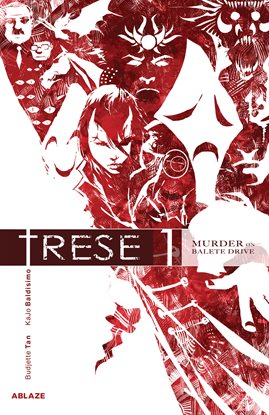
Perhaps no creator's career better reflects this shift than Gene Luen Yang, whose breakout graphic novel, 2006's American Born Chinese, mixed Chinese folklore with a story of first-generation immigrants in Northern California, where Yang himself grew up. "The book just ended up being about things that I care about," Ba says, and that meant West Africa - its art, culture, history, and traditions - because that's where Ba grew up and where he returns each year to visit. But these new books draw from family lore and deep mythologies to make graphic novels with fantastical genre touches.

When that first changed, publishers often just wanted realistic stories grounded in the creator's identity. The book has won widespread acclaim from critics for its striking artwork and unique set of inspirations – and that's because Djeliya (pronounced ja-LEE-ah) melds the folklore and culture Ba grew up with in Senegal into something wholly new, something between sci-fi and fantasy, all brought to life by a range of aesthetic influences from traditional Senegalese art to late 90s manga to Cartoon Network animation.įor many years, the traditionally white comics industry has not widely published stories by creators of color rooted in their own experiences or histories. That's how cartoonist Juni Ba opens his new graphic novel, Djeliya, a story of that last prince fighting to fix the world.

The boar tells our heroes there are no kings now, and money rules this broken world. Suddenly, a door opens - and behind it is a giant boar, standing upright like a human. This particular djeli, however, is hip and futuristic, sporting giant headphones.

In the club, past the packed house dancing to a DJ's beats, we find the last prince of the family who ruled the world before the wizard broke it, and beside that last prince is his djeli, a traditional West African storyteller, musician, and wise advisor all in one.


 0 kommentar(er)
0 kommentar(er)
